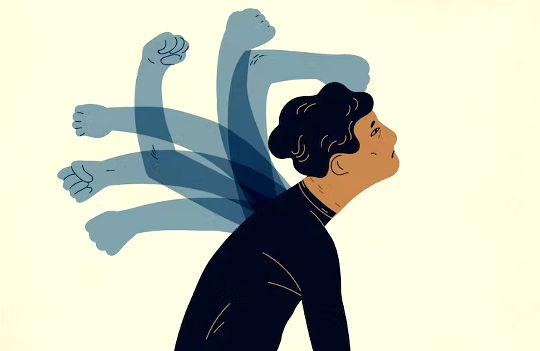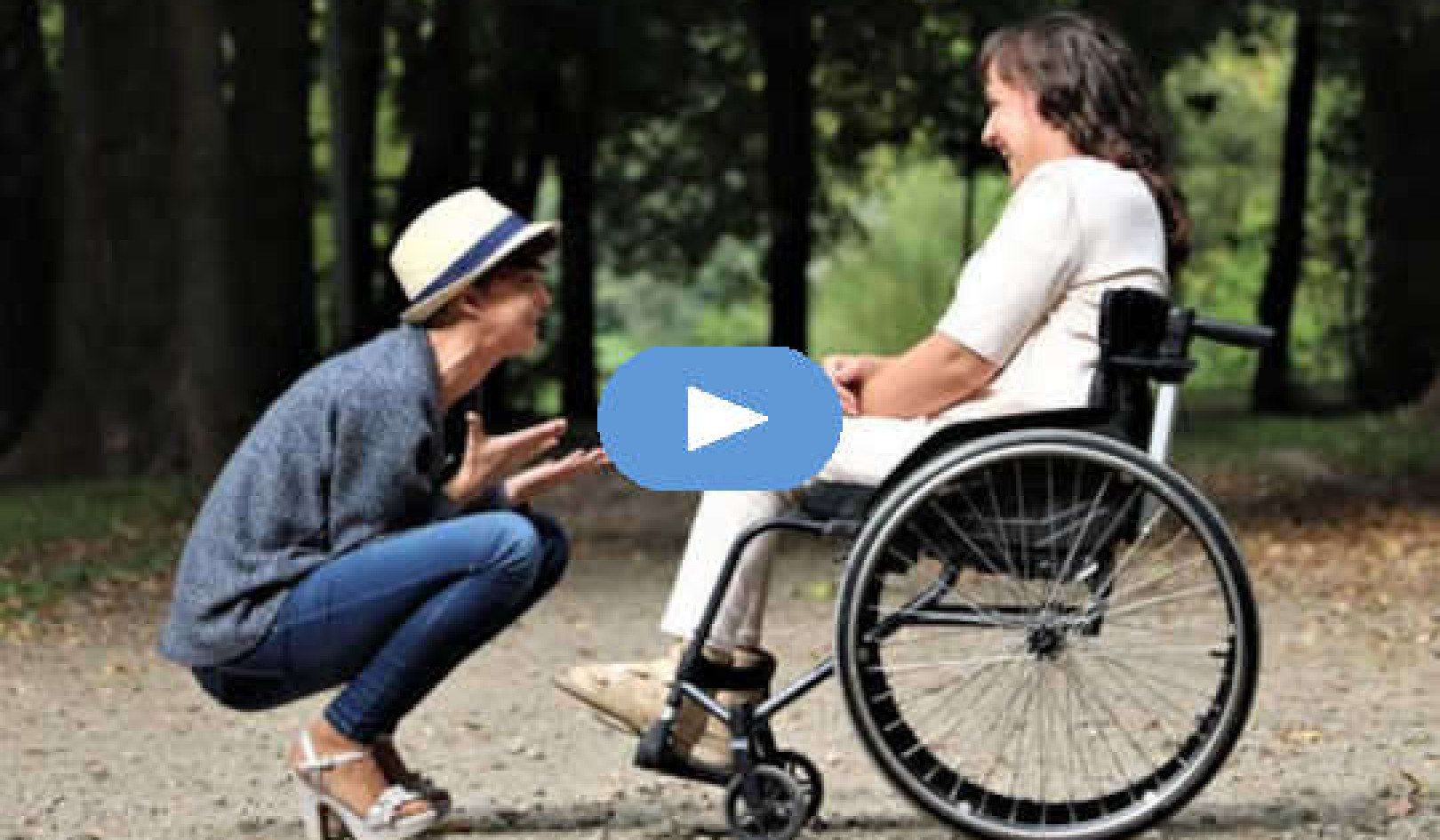Guilt is a double-edged sword. It can be a reminder to improve and a motivation to apologise. It can also lead to pathological perfectionism and stress and is also closely associated with depression and post-traumatic stress disorder.
Unfortunately, good and bad guilt are common, and there are few proven treatments to reduce unhealthy guilt.
To help solve the problem of too much guilt, a recent study published in Nature found that placebos can reduce feelings of guilt, even when the person taking them knows they’re receiving placebos.
In the study, 112 healthy volunteers between the ages of 18 and 40 took part. Their guilt was measured at the beginning using questionnaires including the state shame and guilt scale (SSGS). This questionnaire asks people whether they feel remorse or bad about something they’ve done. Next, the participants did an exercise intended to make them feel more guilty. The exercise involved writing a story about a time they had treated someone they loved unfairly.
The participants were then divided into three groups. One group received a “deceptive placebo”: a blue pill they were told was a real drug. Specifically, they were told that the pill contained phytopharmacon, a substance designed to reduce the feeling of guilt by making whoever took it feel calmer.
Another group received an “open-label placebo” – the same blue pill, but this group was told it was a placebo. They were told that placebos benefit many people through mind-body self-healing mechanisms.
The third group did not receive any treatment at all. This was the “control” group.
After getting the treatment, the guilty feelings were measured using the same questionnaires to see whether the deceptive placebo or open-label placebo was more effective than no treatment.
The main outcome reported in the study was that the deceptive placebo and the open-label placebo combined were more effective at reducing guilt than no treatment.
Overcoming the placebo paradox
Open-label placebos are important because they overcome the “placebo paradox”. The paradox is that on the one hand placebos have effects, especially for pain, and we know how they work. Doctors are ethically bound to help their patients and this ethical force pushes them towards prescribing placebos.
On the other hand, traditional placebos are deceptive (patients think they are, or could be, a real treatment). Doctors are also ethically bound to avoid deceiving patients (usually) and this ethical force pushes them away from prescribing placebos (although it seems that most doctors have prescribed placebos at least once). Because open-label placebos do not involve deception, they overcome the paradox and pave the way for ethical (open-label) placebos to help patients, where appropriate.
While the novelty of this study must be applauded, it is not without it’s weaknesses.
First, the participants were healthy volunteers. They were not suffering from guilt before the experiment. It is unclear whether research in healthy volunteers translates to people in actual clinical practice. Also, the measures of guilt were only taken up to 15 minutes after the placebos were given. The long-term effects (and real-life usefulness) of the placebos are therefore not known.
A bigger problem was that it lumped the effects of deceptive and open-label placebos together. The novelty of the study is that it uses open-label placebos, so lumping their effects with those of deceptive placebos dilutes the novelty. This was rather odd because when I dug into the supplementary material, it was clear that open-label placebos alone were more effective than no treatment for reducing guilt. It’s a shame that this was not the headline result.
Encouraging
The fact that open-label placebos can reduce pathological guilt, even by a tiny amount, is encouraging because they can be used ethically in cases where better treatments do not exist. Future studies need to look at the effects of open-label placebos in actual patients and follow them up for longer.
It is also a small leap from the promising results of this study to believe that if open-label placebos work, we might be able to “placebo ourselves” by giving ourselves positive suggestions that make us feel better.
About the Author
![]()
Jeremy Howick, Professor and Director of the Stoneygate Centre for Excellence in Empathic Healthcare, University of Leicester
This article is republished from The Conversation under a Creative Commons license. Read the original article.

Related Books:
Atomic Habits: An Easy & Proven Way to Build Good Habits & Break Bad Ones
by James Clear
Atomic Habits provides practical advice for developing good habits and breaking bad ones, based on scientific research on behavior change.
Click for more info or to order
The Four Tendencies: The Indispensable Personality Profiles That Reveal How to Make Your Life Better (and Other People's Lives Better, Too)
by Gretchen Rubin
The Four Tendencies identifies four personality types and explains how understanding your own tendencies can help you improve your relationships, work habits, and overall happiness.
Click for more info or to order
Think Again: The Power of Knowing What You Don't Know
by Adam Grant
Think Again explores how people can change their minds and attitudes, and offers strategies for improving critical thinking and decision making.
Click for more info or to order
The Body Keeps the Score: Brain, Mind, and Body in the Healing of Trauma
by Bessel van der Kolk
The Body Keeps the Score discusses the connection between trauma and physical health, and offers insights into how trauma can be treated and healed.
Click for more info or to order
The Psychology of Money: Timeless lessons on wealth, greed, and happiness
by Morgan Housel
The Psychology of Money examines the ways in which our attitudes and behaviors around money can shape our financial success and overall well-being.



























